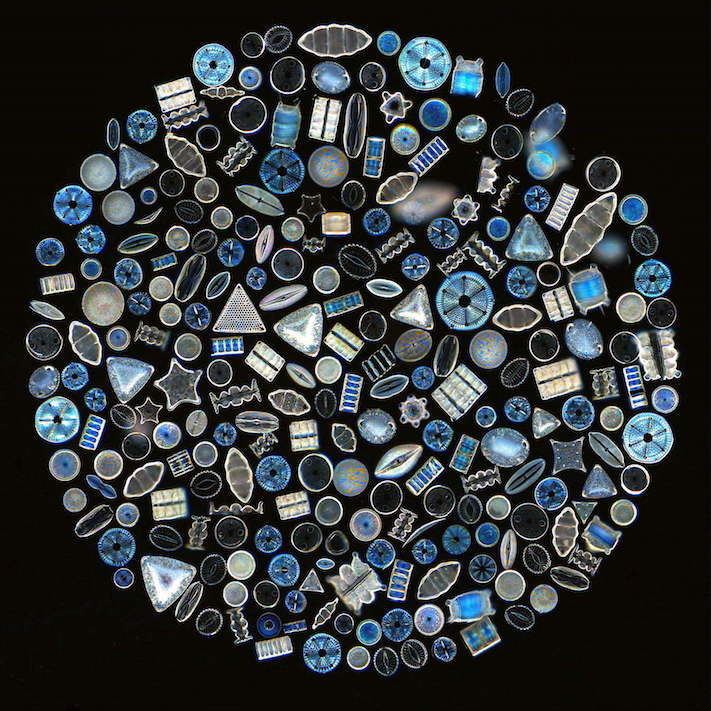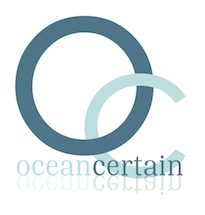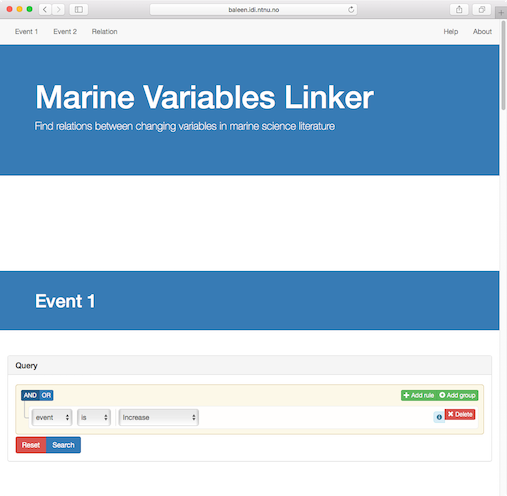
The number of scientific publications is growing at a fast rate and is estimated to double every nine years.
This makes it hard for scientists, researchers and policy makers to keep up with the literature, leaving little time to read outside their own field.
We become even more specialised, publishing in our own journals, attending our own conferences and developing our own terminology. All of this hampers cross-disciplinary communication and furthers the fragmentation of knowledge.
This fragmentation is unfortunate, because an understanding of global challenges like climate change requires synthesis of knowledge across scientific disciplines.

Scientists, researchers and policy makers thus need computational tools to help them coping with the overwhelming amount of knowledge encoded in text.
One example of these are search engines which retrieve documents matching the keywords we provide. Search engines are a marvellous technology, but it provides only a part of the solution. Who has the time to check ten thousand hits for relevant information? Moreover, search engines often have difficulties with understanding human language - see Computers and Language.
Text mining aims at processing large amounts of text to reveal hidden connections and patterns. Since understanding human language is such a hard task, text mining efforts have focused on extracting predetermined types of information, ignoring everything else in the text.
For instance, we can focus on identifying all the mentions of marine species in text. From the observation that two species are frequently mentioned together in the same sentence, we may deduce that they are probably associated. In addition, targeting a specific relation between species — like A eats B — would enables us to automatically construct food chains/webs from text.
Knowledge extracted through text mining can then be combined with existing knowledge from databases as well as automatic reasoning in order to discover new knowledge. For example, a system may suggest a new hypothesis connecting two or more phenomena — extracted from different articles —through a chain of causal relations (a process also known as Literature-based Knowledge Discovery). Of course, we still need humans to check and verify such hypotheses.

Computers are faced with at least two problems when processing human language.
We can say the same thing in many different ways. For example, synonyms such as “water” and “H2O” carry virtually the same meaning. Similarly, a verbal expression like “the temperature increases” can also be expressed in a nominal forms such “an increased temperature” or “in increase in temperature”. Variability, among other things, makes it hard to search with keywords.
The things we say can often mean different things. Does the word “plant” refer to a living organism or to a factory? Does the phrase “more rain and less snow in the winter” mean there is more rain in the winter? We rarely have problems with ambiguity, as our knowledge of the world helps us to effortlessly find the right interpretation. In contrast, computers often struggle with many possible interpretations.
Ocean-Certain is an EU FP7 research project investigating the impact of combined climatic and non-climatic stressors on the food web and the connected biological pump. The text mining efforts within the project comprise the following steps:
Creating a large collection of preprocessed and indexed articles in Marine science and related fields.
Automatically extracting change events - for example, “pH level of surface water in the Arctic Ocean is rising”, “primary production has decreased”, etc. Moreover, causal relations and correlations between these change events are detected - for example, “adding iron causes phytoplankton growth”.
Combining extracted information from separate articles with background knowledge and reasoning algorithms to produce new hypotheses in the form of causal chains or feedback loops. Background knowledge comes from ontologies and linked data, as well as modelling of domain expert knowledge.
Presenting this knowledge to end users as an interactive web application, which includes browsable network visualisations.
For more information regarding text mining please contact Erwin Marsi (emarsi@idi.ntnu.no) or Pinar Øzturk (pinar@idi.ntnu.no) at the Norwegian University of Science and Technology (NTNU). For questions about Ocean-Certain in general, contact Murat Van Ardalan (murat.v.ardelan@ntnu.no).

The OCEAN-CERTAIN partners are:
Text Mining in Marine Science by
Erwin Marsi is
licensed under a Creative
Commons
Attribution 4.0 International License.

This text is available for download as a brochure in PDF format.


The Marine Variable Linkers helps you to find related events in marine science literature. The current demo system searches in over 75,000 abstracts of marine science articles from more than 30 journals.
Try it!